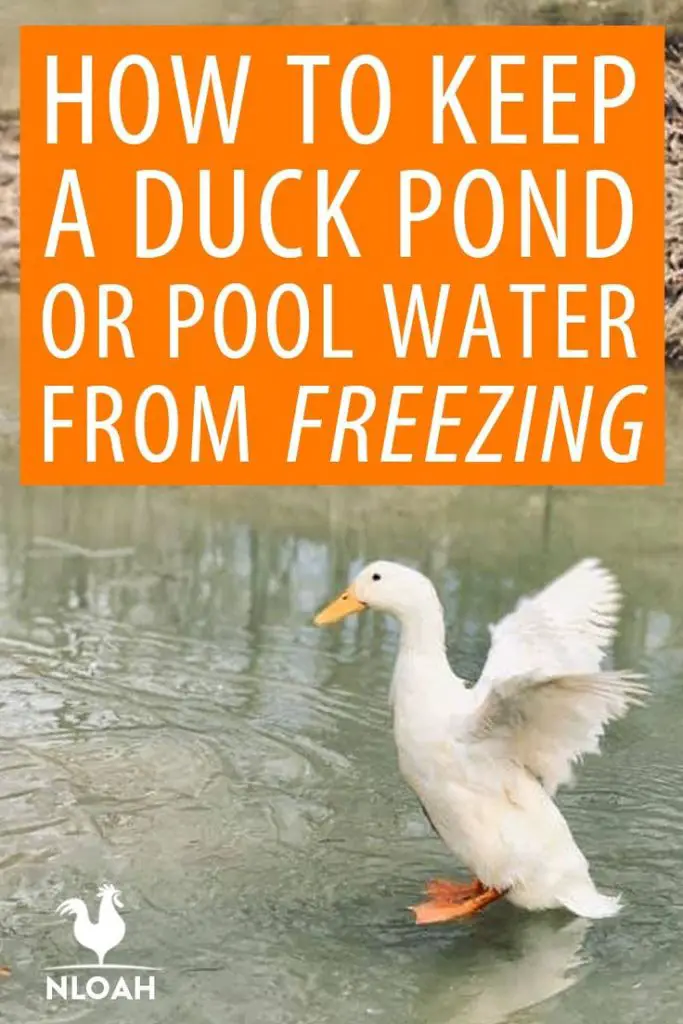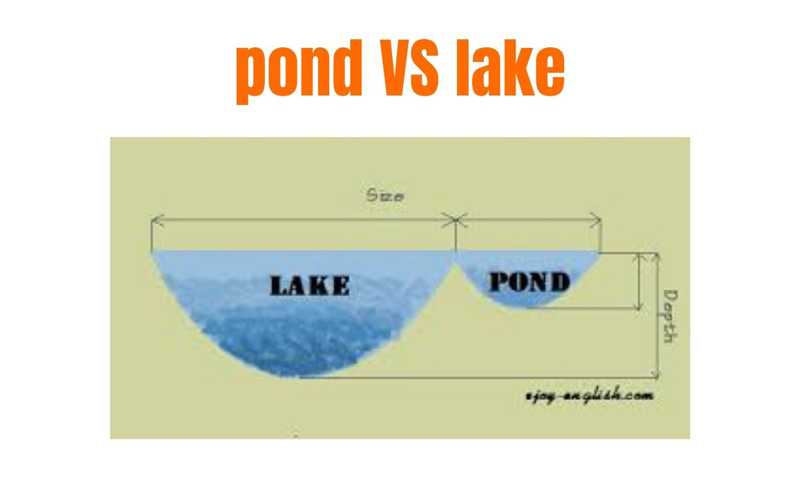Duck ponds are a delightful addition to any property, providing a natural habitat for ducks and other wildlife. However, during the winter months, one common issue that pond owners face is keeping the pond from freezing. Freezing can be harmful to the ducks and other aquatic life in the pond, so it’s essential to take steps to prevent this from happening. Here are some effective ways to keep a duck pond from freezing:
1. Install a Pond Heater
One of the most effective ways to prevent a duck pond from freezing is by installing a pond heater. These devices are designed to keep the water temperature above freezing, creating a small area of open water for the ducks to access. Pond heaters are available in various sizes and styles, so be sure to choose one that is suitable for the size of your pond.
2. Use a Floating De-Icer
Another option to prevent your duck pond from freezing is to use a floating de-icer. These devices are placed on the surface of the water and work by continuously agitating the water to prevent ice formation. Floating de-icers are energy-efficient and can be a good alternative to pond heaters.

Credit: www.fresheggsdaily.blog
3. Add a Water Circulation System
Installing a water circulation system in your duck pond can also help prevent freezing. Circulating the water helps distribute the heat more evenly, preventing ice from forming on the surface. You can use a fountain, waterfall, or aerator to keep the water moving and discourage freezing.
4. Create a Windbreak
Wind can accelerate freezing in a duck pond, so creating a windbreak can help minimize the effects of cold weather. Planting dense shrubs or erecting a fence around the pond can provide a barrier against strong winds, helping to maintain a more stable water temperature.
5. Use a Solar Cover
For an eco-friendly option, consider using a solar cover on your duck pond. These covers float on the water’s surface and help trap heat from the sun, preventing rapid cooling and freezing. Solar covers are easy to install and can be a cost-effective way to protect your pond.
6. Provide Shelter for Ducks
During the winter months, it’s essential to provide shelter for the ducks to protect them from the cold. You can build a duck house near the pond or create shelters using natural materials like branches and leaves. These shelters offer ducks a warm place to rest and can help them stay safe during freezing temperatures.
7. Monitor the Water Temperature
Regularly monitoring the water temperature in your duck pond is crucial during the winter months. Invest in a quality pond thermometer to keep track of changes in temperature. If the water temperature drops significantly, take action to prevent freezing by implementing one of the methods mentioned above.
8. Keep the Pond Clean
Keeping your duck pond clean is essential for maintaining water quality and preventing freezing. Remove debris, fallen leaves, and algae regularly to ensure proper water circulation. A clean pond is less likely to freeze quickly, helping to protect the ducks and other aquatic life.
Credit: www.quora.com
9. Consider Insulating the Pond
If you live in an area with extreme cold temperatures, you may want to consider insulating your duck pond. Adding a layer of insulation around the pond can help retain heat and prevent freezing. Materials like straw, hay, or foam board can be used to provide additional protection against the cold.
10. Seek Professional Advice
If you are unsure about the best way to keep your duck pond from freezing, consider seeking advice from a professional pond maintenance service. They can assess your pond’s specific needs and recommend the most suitable methods to prevent freezing while ensuring the well-being of your ducks and other wildlife.
By taking proactive steps to prevent freezing, you can enjoy a healthy and thriving duck pond throughout the winter months. Implementing these strategies will not only benefit the ducks and other aquatic life but also enhance the beauty and functionality of your pond. With the right approach and proper care, you can keep your duck pond from freezing and create a welcoming habitat for wildlife year-round.


